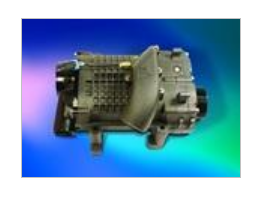Welcome to Sino Bearings web
24x7 HOTLINE:+86-28-81454188

 TECHNOLOGY
TECHNOLOGY
Oil leaks areunacceptable. However, during early testing of superchargers by turbocharger manufacturer IHI Turbo America (ITA), rubber-coated metal (RCM) gaskets permitted oil to seep under high torque. The ultimate solution was Select-a-Seal (SAS) rubber-edged composite (REC) gaskets from Interface Solutions Inc (ISI).The belt-driven superchargers have three flanged joints; the two most critical joints are near the unit’s belt-drive end. In early tests, ITA used RCM seals, which leaked under high torque.ISI conducted in-house testing and produced technical reports that addressed ITA’s concerns. Static tests of prototype seals under pressure for 1000 hours were conducted in a four-hour cycle from -40°C to 150°C and back. The gaskets performed well, and ITA agreed to test them further.ITA’s tests were principally rigorous bearing tests. Engineers ran the prototype turbochargers at top speed, and the Select-a-Seal gaskets did not leak.Supercharged outboard engines with Select-a-Seal gaskets are already in production providing power, speed and environmental cleanliness in the form of zero leaks. These four-stroke powerhouses are now permitted on some waters where two-stroke engines have been banned for environmental reasons.